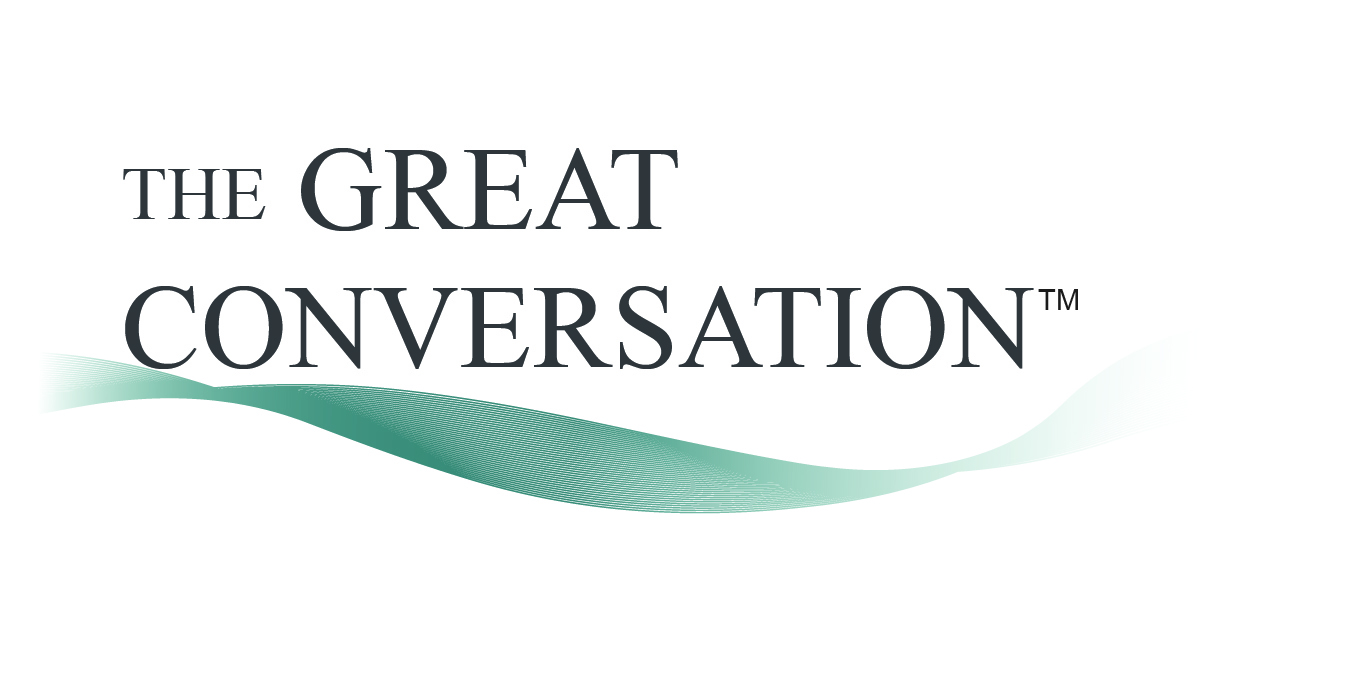We like to profile our faculty through interviews and their thought leadership. Joe Fairchild has been active in The Great Conversation for years and will be addressing the forum community on Tuesday, March 5. He also will be part of a panel discussing the hidden costs of security and new models that can address this increasingly burdensome issue.
Joe joined Microsoft Global Security as a contractor in 2008. In 2010, Joe was hired by Microsoft as the Regional Security Manager for Global Security Operations in the US and Canada. Since that time, he has held a myriad of roles within the Global Security team including; Event Security, Access Management, Security Consulting, Technology, and has overseen a Project Management Office (PMO).
In recent years, Joe has been tasked with the execution of the Digital Transformation vision for Microsoft Global Security. In September 2018, Microsoft Global Security merged with the Microsoft Real Estate & Facilities team, creating the Real Estate and Security Center of Innovation. Joe currently has the role of Technology Lead and Solution Development for this new organization.
Joe is a veteran of the US Army, worked as Police Officer for the city of Redmond. Joe has a Bachelor’s degree in Psychology and a Master’s degree in Organizational Studies degree from Stanford University, where he also played for the football team.
Here is a short interview we had with him recently.
Why do leaders need a Great Conversation?
A safe place to learn, exchange ideas, and to compare ideas is critical to staying on top of the latest risks and to continuing to drive innovation around security people and assets.
How does the mission and vision of your organization impact how you develop your security program?
Our mission at Microsoft Is to enable every person and every organization on the planet to achieve more. Fundamentally this is a mindset where success frequently means you are not being recognized for all the hard work it takes. This is a mindset that is very similar to being in a protective role. Whether it be as a football player or as a successful security professional.
What is the greatest constraint you have today, that if you overcame it, would take your program to an exponential level of performance?
Distractions and time. Each distraction brings with it a moment of stepping out of flow and producing my best work.
What will you be sharing with your peers at the March forum?
Physical security has traditionally been rooted in a paper culture, employing a reactive approach to security threats where the norm is to respond to events after they have occurred. In these responses, much of the action taken is focused on adding safeguards to infrastructure such as additional walls or badges in an effort to reduce risks. However, digital transformation challenges the status quo of physical security, enabling the shift from a reactive, paper culture to a data-led, predictive physical risk model. Digital transformation will help physical security focus on how to obtain data and utilize that data correctly in order to mitigate the impact before a threat occurs, including cyber security threats in addition to physical ones.
What do you hope to learn in this year’s great conversation?
More about what is happening in the security industry at large and how people are thinking about physical logical convergence and the intelligent cloud.
Editor’s note: We will be providing a digital white paper to attendees at the conference entitled: “The Digital Transformation Playbook” from Microsoft Global Security.

